It is the partnership between the Romanian government and civil society that marked the 14th Forum of Romanian NGOs. The event, organized for 20 years by the NGO CENTRAS has this year received strong support from the Government. The meeting was held in Bucharest on 16 and 17 October 2014, the main Romanian NGOs and several government members and representatives from many departments interacted together.
Aurelia CRISTEA, Minister for Social Dialogue, co-organizer of the event, stressed in her speech that civil society has had and still has an important role in the modernization of the Romanian society. "Romania has become a better place, thanks to NGOs for many years in the field of participatory democracy and human rights," said the minister.
Ms. CRISTEA estimated that NGO criticism against the government over the past 20 years has reflected a desire to improve the political and social life of the country:
"Civil society is the place where ideas and bold projects are born, often at the vanguard of democracy."
Trust and legitimacy
On behalf of the Conference of INGOs, Anne-Marie CHAVANON, Chair of the Committee and special guest of the event, congratulated the partners for such a model initiative and hoped that it can take a permanent form by establishing a permanent structure. Refering to the Code of good pratice for civil participation in decision making adopted by the Conference of INGOs, she recalled that participation is based on trust and ethical perceptions of public action
Building on the code of participation in decision making, she stressed the need to
Aurelia CRISTEA, Minister for Social Dialogue, co-organizer of the event, stressed in her speech that civil society has had and still has an important role in the modernization of the Romanian society. "Romania has become a better place, thanks to NGOs for many years in the field of participatory democracy and human rights," said the minister.
Ms. CRISTEA estimated that NGO criticism against the government over the past 20 years has reflected a desire to improve the political and social life of the country:
"Civil society is the place where ideas and bold projects are born, often at the vanguard of democracy."
Trust and legitimacy
On behalf of the Conference of INGOs, Anne-Marie CHAVANON, Chair of the Committee and special guest of the event, congratulated the partners for such a model initiative and hoped that it can take a permanent form by establishing a permanent structure. Refering to the Code of good pratice for civil participation in decision making adopted by the Conference of INGOs, she recalled that participation is based on trust and ethical perceptions of public action
Building on the code of participation in decision making, she stressed the need to
- an early mobilisation while the project or developed policy are still reversible
- full, accessible and impartial information
- the possibility of recourse to an independent expert
- promoting the legitimacy of all stakeholders,
From left to right : Viorel MICESCU, executive director of CENTRAS, Ioana CAZACU, Deputy Minister for Equality, Eugen TEODOROVICI, Minister of Structural Funds, Aurelia CRISTEA, Minister in charge of Social Dialogue, Radu Puchiu, Secretary of State by the Prime Minister, in charge of Turism, and MSE, Anne-Marie CHAVANON, president of the committee on Democracy, Social cohesion and Global Challenges, Daniel MINDRUT, counsellor to the Minister in charge of Social Dialogue
A contribution to participatory democracy
The event seized the European Local Democracy Week opportunity to enhance participation between organized civil society and public authorities in various fields
Seven silmutaneous workshops had the following objectives:
1. The identification of deficiencies concerning transparency, public consultation and cooperation in the central public authorities/NGO relationship in connection with the results of consultations initiated by the Ministry of Social Dialogue
2. Searching solutions to identified difficulties.
3. The presentation of public policies in which the authorities and NGOs can intervene.
4. Propositions from NGOs to be introduced in the public authorities agenda and priorities
The workshop on Participatory democracy and Human Rights, moderated by Mircea KIVU, sociologist, stressed the need to enforce existing laws, including the desire for greater use of the expertise of NGOs helpful to public administrations. Among the wishes expressed, that of an appropriate selection of the most representative NGOs in the field and a publication on internet of the list of NGOs consulted by the Government.
Social dialogue Ministry website
1. The identification of deficiencies concerning transparency, public consultation and cooperation in the central public authorities/NGO relationship in connection with the results of consultations initiated by the Ministry of Social Dialogue
2. Searching solutions to identified difficulties.
3. The presentation of public policies in which the authorities and NGOs can intervene.
4. Propositions from NGOs to be introduced in the public authorities agenda and priorities
The workshop on Participatory democracy and Human Rights, moderated by Mircea KIVU, sociologist, stressed the need to enforce existing laws, including the desire for greater use of the expertise of NGOs helpful to public administrations. Among the wishes expressed, that of an appropriate selection of the most representative NGOs in the field and a publication on internet of the list of NGOs consulted by the Government.
Social dialogue Ministry website




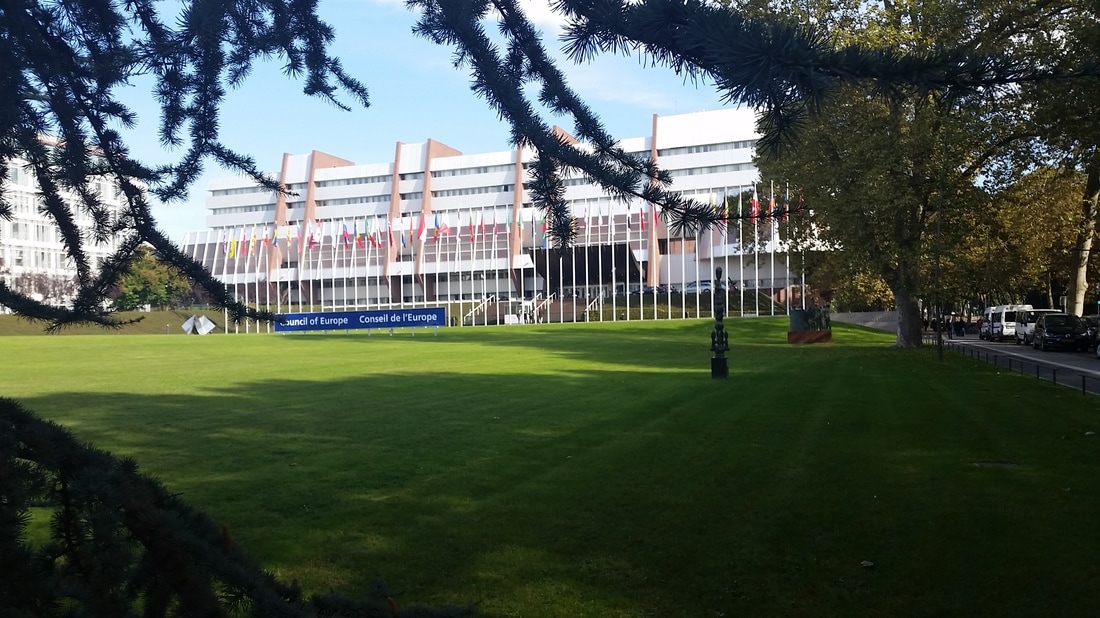
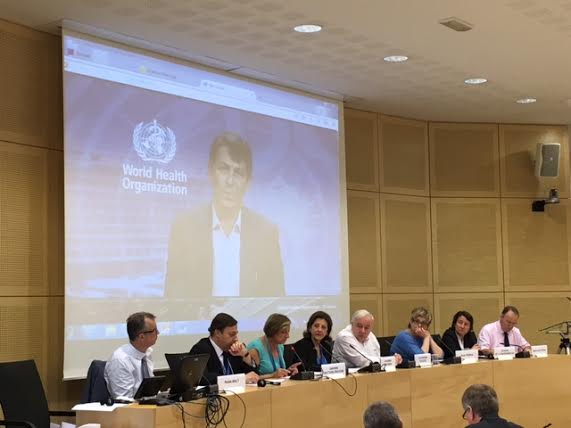
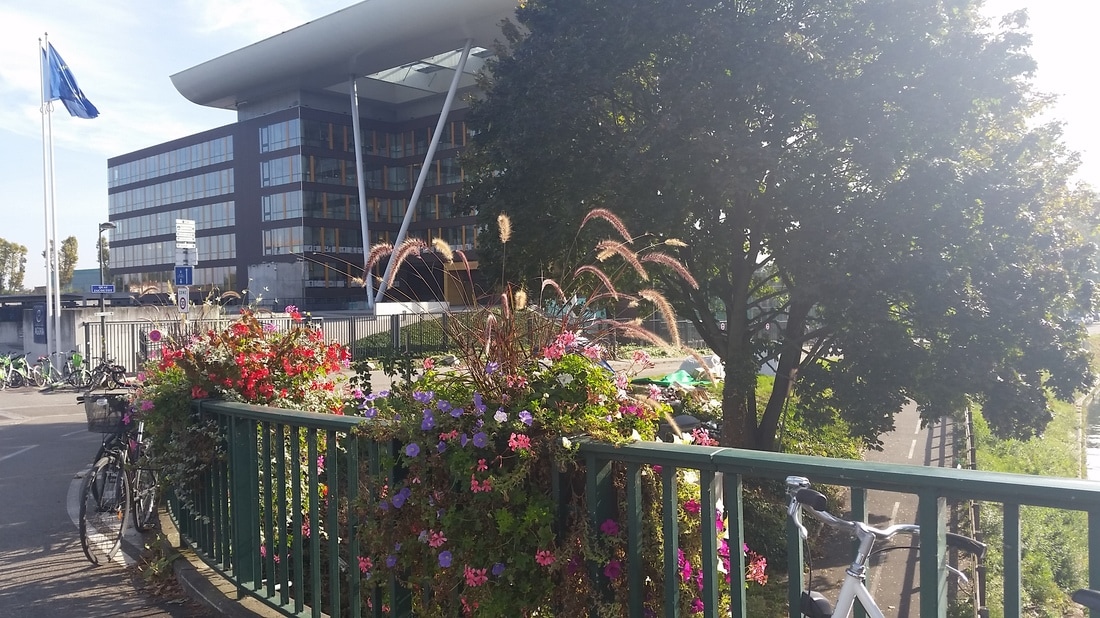

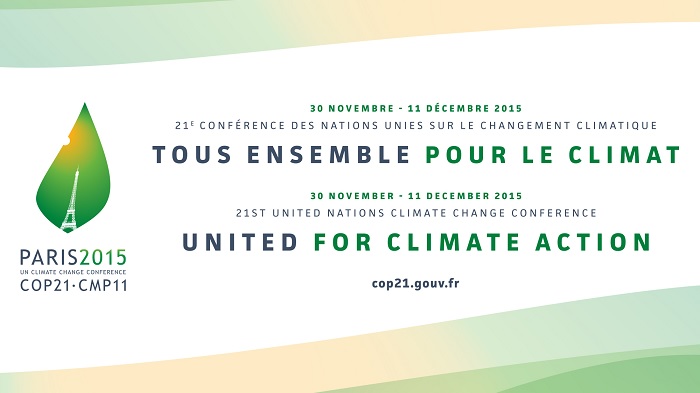
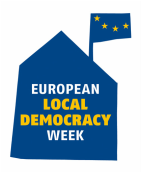
 RSS Feed
RSS Feed